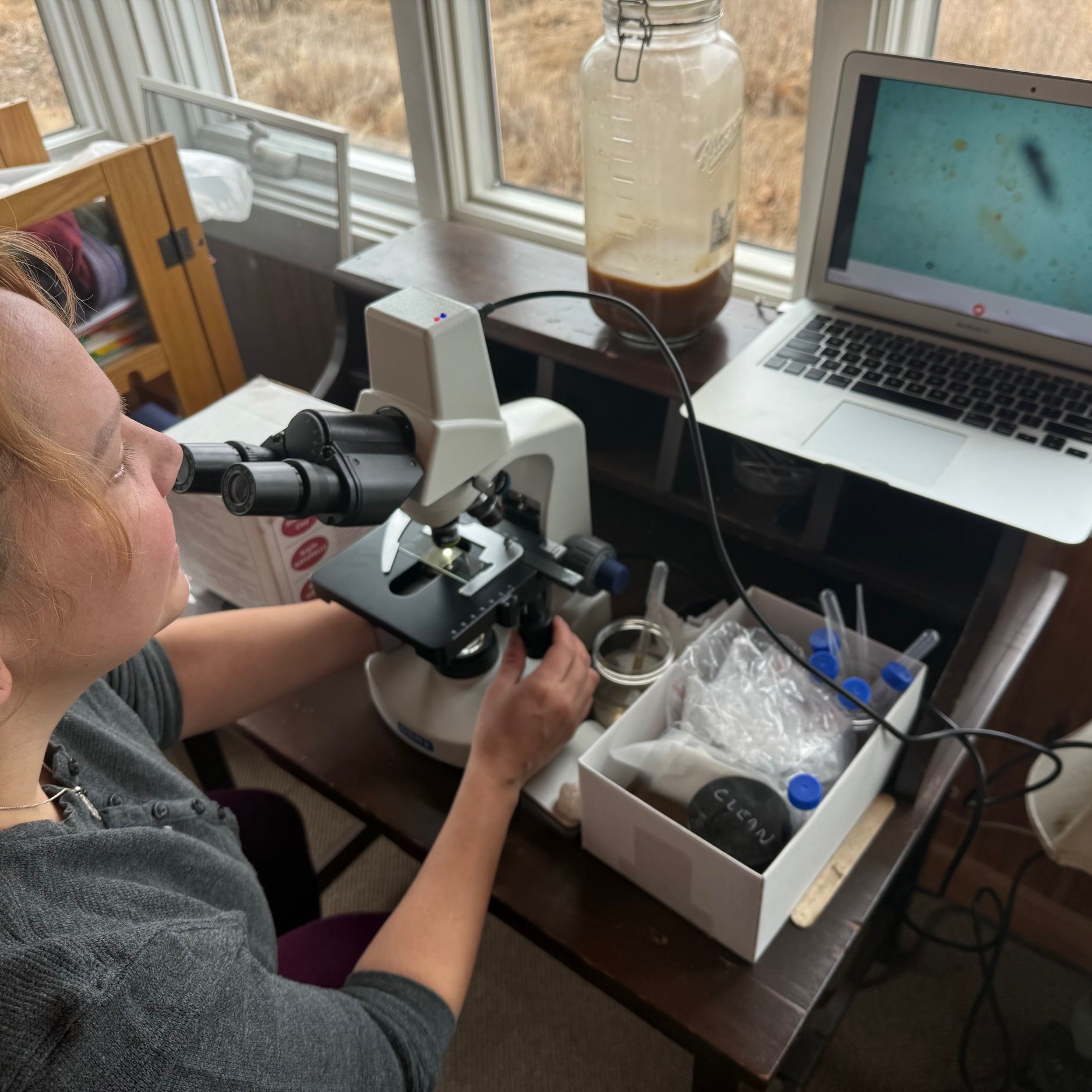A New Layer of Landcare: Announcing the Cape Ann Gardens Living Soil Lab
Why We Created the Living Soil Lab
A practical response to changing conditions
At Cape Ann Gardens, we’ve always believed that landcare starts with the soil. But lately, the conditions we’re working with have been shifting fast—and the tools we’ve had aren’t always enough.
Over the past three growing seasons, we’ve seen extremes: intense rain, long dry spells right in the heart of the growing season, and now an extended drought that’s lasted through winter into spring. We’re seeing evergreens fail across the region. Beds that once performed reliably are becoming unpredictable. It’s not just weather—it’s a deeper disruption to the systems we count on.
We built the Living Soil Lab to meet this moment. It’s a way to actually track what’s happening below ground—season by season, not just once in a while—and to respond with targeted support that reflects both the soil’s condition and your goals as a grower.
Real Data, Real Feedback
The Living Soil Lab is more than a test—it’s a way to understand what’s happening below ground in context.
We start by looking at both the chemical and biological components of your soil. Then we place that information within the framework of your soil type and ecoregion—what your land is, where it sits, and how it naturally functions. From there, we bring your goals into the conversation.
Maybe you want to reclaim a patch of lawn and restore native habitat. Maybe you want to grow stronger vegetables or manage the impact of jumping worms. Whatever your aim, we use the data we’ve gathered to recommend plants, practices, inoculants, and amendments that are grounded in your soil and appropriate to your plan.
This isn’t one-size-fits-all. It's site-specific, goal-responsive, and informed by what’s actually living (or missing) in your soil.
Why It Matters
There’s still a widespread belief that if your soil isn’t performing, the answer is to throw more inputs at it—fertilizers, compost, even organic amendments. But we’ve seen over and over that it’s not just about what you add. It’s about what’s already there—and whether the biology of the soil is able to support the work you’re asking it to do.
Through the Living Soil Lab, we help shift the conversation. Inputs aren’t inherently bad—but they have to be understood within the context of microbial life and soil function. A healthy, active soil food web doesn’t just feed plants—it supports pollinators, stores more water, resists erosion, and builds long-term climate resilience.
This work matters because soil isn’t just the foundation of gardens—it’s part of the larger ecological fabric. When we care for it with precision and intention, everything above ground starts to respond.
Who It’s For
This program is for people who are curious about their soil but don’t know where to start—or how to make sense of the information once they have it.
It’s for home gardeners who want to do more than just “add compost every spring.” For growers who suspect something’s off but can’t quite name it. For clients who want to take better care of their land but feel overwhelmed by all the variables.
The Living Soil Lab is also for anyone who’s felt unsure about how to integrate soil testing into their actual growing season. We make it practical, we guide you through it, and we stay connected over time so you’re not just getting data—you’re getting support.
Whether you’re growing vegetables, stewarding a pollinator meadow, or reclaiming a lawn, this program gives you a structure for learning what your soil needs—and how to work with it.
Why Now?
We created the Living Soil Lab because the land is changing—and so are the people working with it.
There’s a growing number of gardeners and growers who want to steward their land more intentionally, but who need support that’s grounded in observation and evidence, not just blanket advice. We see it in the people reclaiming lawns, in first-time growers figuring out raised beds, and in longtime gardeners navigating unfamiliar weather patterns.
At Cape Ann Gardens, we’ve spent years offering design, planting, and maintenance services—but we also wanted to create a way to support more kinds of land stewards. People who may not need full-service landcare but still want partnership, insight, and tools that meet them where they are.
The Living Soil Lab is our response. It’s a way to make soil care more accessible, more informed, and more personal—right when we need it most.



